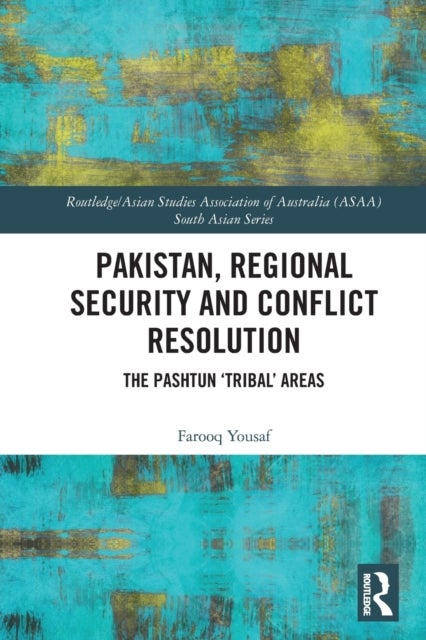
Pakistan, Regional Security and Conflict Resolution av Farooq Yousaf
499,-
<P>This book explains how colonial legacies and the postcolonial state of Pakistan negatively influenced the socio-political and cultural dynamics and the security situation in Pakistan''s Pashtun ''tribal'' areas, formerly known as the Federally Administered Tribal Areas (FATA). It offers a local perspective on peace and conflict resolution in Pakistan''s Pashtun ''tribal'' region.</P><P>Discussing the history and background of the former-FATA region, the role of Pashtun conflict resolution mechanism of Jirga, and the persistence of colonial-era Frontier Crimes Regulations (FCR) in the region, the author argues that the persistence of colonial legacies in the Pashtun ''tribal'' areas, especially the FCR, coupled with the overarching influence of the military on security policy has negatively impacted the security situation in the region. By focusing on the Jirga and Jirga-based Lashkars (or Pashtun militias), the book demonstrates how Pashtuns have engaged in their own initiatives to








